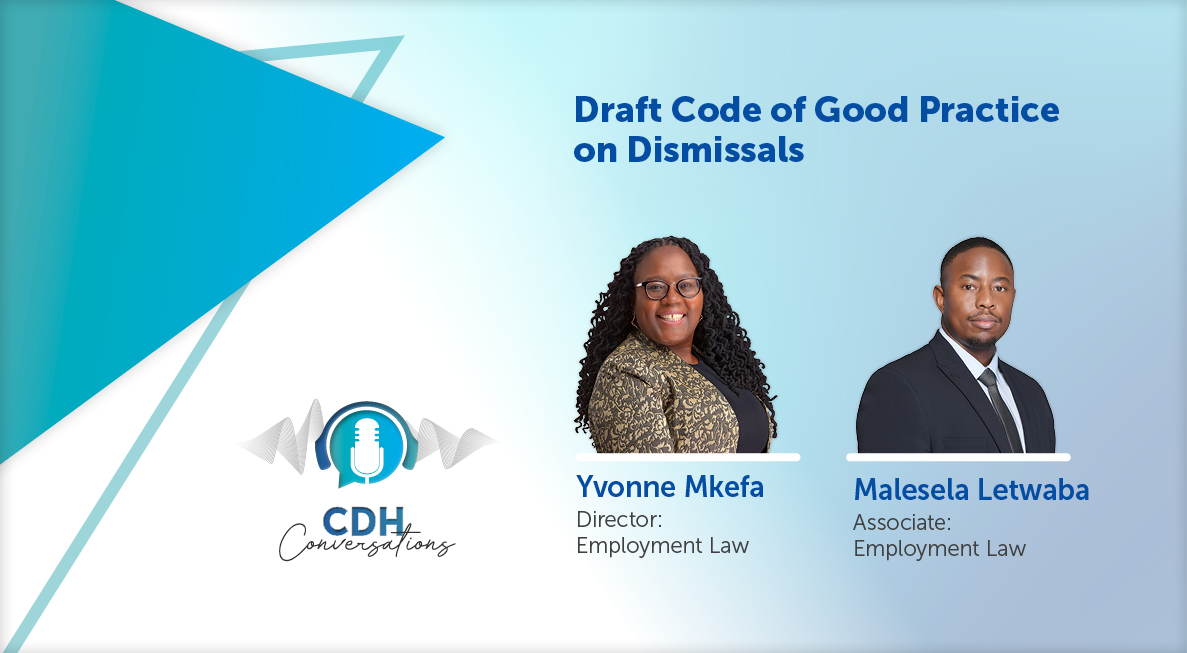”Justice delayed is justice denied” - William E. Gladstone
The legal moratorium is a protective mechanism inherent in business rescue proceedings. Another safety net available to debtors is the possibility of rehabilitation of insolvent estates. Debtors use these and other methods to take advantage of the system and their creditors, delaying the winding up process and impeding creditors’ recovery.
Originally, when seeking to delay a creditor’s recovery, the favourite ruse of the professional insolvent was to allow a liquidation application to be instituted and taken to the gates of finality, only to then bring a business rescue application with no urgency to prolong the process further.
However, we have begun to see a new trend among debutant debtors and professional insolvents alike. Just as business rescue proceedings approach their finality and with that, the protection of the legal moratorium, a creditor and therefore an affected person intervenes. The catch is that this affected person usually has an ulterior motive, being either related to the debtor or someone with a personal connection to them. This affected person brings an application to review the business rescue practitioner’s decision. This review will pertain to a specific action, such as disallowing the specific creditor from participating in the vote on the adoption of the prepared business rescue plan. By doing so, the debtor not only hampers other creditors’ recovery, if any, it drags the creditors into further lengthy and costly legal proceedings.
So, what can you do as a creditor to mitigate these delays?
Many of the review applications we have seen of late are founded in s33 of the Constitution read with the provisions of the Promotion of Administrative Justice Act, No 3 of 2000 (PAJA). However, this appears to be a frail foundation on which to bring a review application easily opposed by a creditor.
A Practitioner’s decision is not reviewable in terms of PAJA, as a Practitioner is neither an organ of state, nor performing a public function and is thus not an administrator. Only decisions of an administrator are reviewable in terms of PAJA.
The second leg to the professional insolvents’ reviews is ‘a catch all review,’ in terms of the common law. Unfortunately, this type of review is difficult to prevent, as the requirements of such a review are set so low you might well trip over them.
In terms of the common law, everyone is entitled to a decision that is lawful, reasonable and procedurally fair. Regrettably, as is often the case, the requirement of “reasonableness” allows for subjective interpretation and the broad application of this type of review.
However, in order to be successful with a common law review one must show that the decision being reviewed was irrational. To demonstrate that a decision is irrational it must be objectively reasoned that, based on the information available to the decision maker, they could not have rationally reached the conclusion that they did.
Consequentially, in order to proactively prevent a successful common law review, it becomes vital for creditors participating in creditors’ meetings to ensure that, when a Practitioner is called upon to make a decision, the creditors with competing interests have provided the Practitioner with all relevant information required for the Practitioner to make an informed rational decision.
We suggest that creditors augment their proactive protection by asking informed questions of the Practitioner to certify that the Practitioner has applied his mind rationally. Such discussions should be minuted so that they may be submitted as evidence when opposing fictitious review applications. Such precautions should bring efficient and expeditious ends to such review applications so that the estate can finally be wound up and the creditors may make a recovery.
Fortunately or unfortunately, “some people are so busy learning the tricks of the trade they never actually learn the trade” and thus, while professional insolvents may attempt to delay or prevent winding up, creditors - if fully equipped and well informed - are able to counter and reduce these fictitious delays.
The information and material published on this website is provided for general purposes only and does not constitute legal advice. We make every effort to ensure that the content is updated regularly and to offer the most current and accurate information. Please consult one of our lawyers on any specific legal problem or matter. We accept no responsibility for any loss or damage, whether direct or consequential, which may arise from reliance on the information contained in these pages. Please refer to our full terms and conditions. Copyright © 2026 Cliffe Dekker Hofmeyr. All rights reserved. For permission to reproduce an article or publication, please contact us cliffedekkerhofmeyr@cdhlegal.com.
Subscribe
We support our clients’ strategic and operational needs by offering innovative, integrated and high quality thought leadership. To stay up to date on the latest legal developments that may potentially impact your business, subscribe to our alerts, seminar and webinar invitations.
Subscribe




